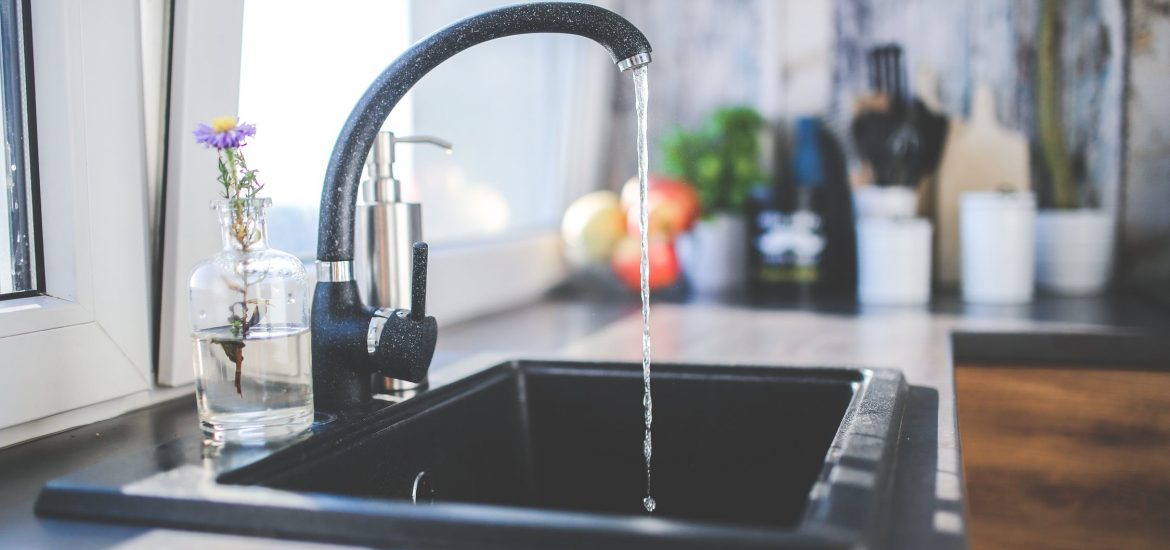Do you filter all the water used in your household? Do you know for sure that your water filtration system is working to full capacity? You might be surprised to learn that a filtration system’s effectiveness depends on your specific needs and water problems. You might have a top-of-the-line system and still not have all the filtration you need.
Do you know what your water system filters out?
Did your water filtration contractor test your water before installing your system? Reputable companies will always run tests before suggesting a system for your home.
Here are 5 reasons to reassess your existing water filtration system to make sure you’re filtering according to your specific needs.
1. City water often contains fluoride
If you’re hooked up to your city’s water supply, you need specific filters for fluoride.
Fluoride was added to water decades ago with the assumption that it would somehow prevent tooth decay. However, more than 400 studies have shown fluoride to be a neurotoxin that causes neurological damage in animals and humans.
In one study reported by CNN, 601 Canadian mothers and their unborn children were tested for fluoride exposure through urine samples and their daily fluoride intake through water was tracked. When the children were between the ages of 3 and 4, they were tested for IQ.
Researchers found that as a mother’s fluoride-urine concentration increased by 1 milligram per liter, male children had a 4.5-point drop in IQ.
If you and your family drink the water that comes out of your tap, and your city fluoridates the water, you need a special fluoride filter on your water system.
2. City water often contains chlorine
When you take a hot shower in chlorinated water, you’re inhaling and absorbing a toxin.
Chlorine is used to disinfect water as part of the water treatment process. Unfortunately, chlorine binds with organic matter to form disinfectant byproducts called trihalomethanes (THMs), including the known carcinogen chloroform.
Chlorine exposure through absorption and consumption can cause a variety of health problems. Research has connected chlorine with health issues like asthma, acne, gut flora imbalance, and autoimmune conditions.
3. Well water is prone to bacterial contamination
If you’re on a well, you may need an aggressive water filtration system. Well water is prone to bacterial contamination and may contain heavy sediments if your system isn’t regularly maintained and tested for quality.
In addition to containing metals like iron that can turn your white clothes yellow, it can also contain fecal coliform bacteria and E.coli.
Other contaminants that may be present in well water include nitrates and volatile organic compounds (VOCs).
4. Well water high in sediment can destroy appliances
Well water with a high concentration of sediment and metals like iron can destroy appliances like tankless water heaters and even some septic tanks. If you don’t aggressively filter hard water, you’ll end up having to replace some appliances more often than normal.
When you’re on a well, your water filtration system should be specifically designed for your water quality. Not all wells have a high sediment concentration, but if you choose the wrong filtration system you’ll regret it in the long run.
Aggressive filtration systems can be expensive, and if you can’t install a large system, then make sure you clean water-based appliances frequently. For instance, you may want to call a contractor to come out and flush your water heater every 6 months.
5. A water filtration system may not be enough
There is a difference between a water purifier and a water filter. A water filter removes sediment, chemicals, and toxins while a water purifier removes 95% of all contaminants. If a system doesn’t remove 95% of all contaminants, it cannot claim to be a water purifier.
If you have a whole house water filtration system, you still need a water purifier in your kitchen to make your water drinkable. You can get a filtration system that comes with a purifier for your kitchen and even your shower.
What you get depends on the company you buy from. At the very least, you need some kind of purification pitcher or unit attached to your sink.
Water filtration is important
If you haven’t installed a whole-house filtration system, now is a great time to look into getting one. Filtering water throughout your home is important for maintaining your health and the life of your appliances.

